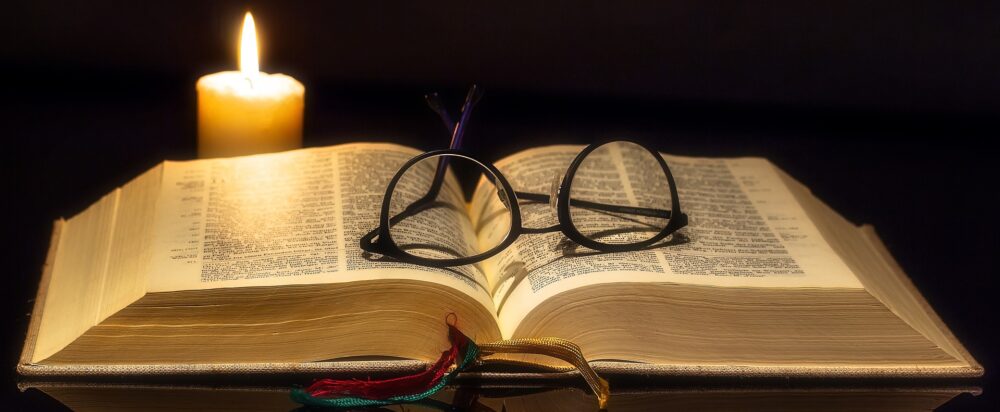-
Genesis 12 [Text]
-
genesis 12 Audio:
-
Suggested Study Resources
Here are a few web articles to get you started on your study.
-
The Promise to Abraham
- This short article does an excellent job of summarizing the position and value of this text within scripture. If you want to start chasing rabbits and squirrels, the footnotes offer a great starting point.
- Web Link
The Call of Abram
- A short devotional with a few interesting insights.
- Web Link
Commentary on Genesis 12:1-9 by Katheryn M. Schifferdecker
- A lighter read that will cater to those of you who like a little more of a narrative in your readings. She offers a few slightly different takes on items we have already read.
- Web Link
-
EXTRA CREDIT ARTICLES:
If you want to dive deeper into this scripture, I have found a couple of resources that take some heavy turns from what we are used to. They are worth your time.
GENESIS SERIES – GEN 12:1 – 12:9 – THE CALL OF ABRAHAM
This one is short, but offers ample opportunities for expanding your research, especially if you follow the supporting references mentioned at the end.
Abram: Lessons in the Call of God (Genesis 12:1-20)
Sermon Transcript. It focuses heavily on the promise aspect of this passage.
-
DEEP DIVE ARTICLES:
These are extra-biblical sources of stories about Abram. Read these with discernment. They are not canon for a reason.
Translation Of 1Q Genesis Apocryphon II-XXII
This is a translation of an ancient extra-biblical text that tells the story of Abram in more detail (although parts were missing from the scroll). Not canon, but interesting to add relevance to what other Jewish scholars might have been aware of at the time
A Genesis Apocryphon. A Scroll from the Wilderness of Judaea.
This link will provide you with a PDF of the book written over half a century ago that provides an initial report and opinion of the findings in this scroll. (Read the initial book explanation and then skip to page 22 at the bottom)
Book of Jubilees 13 (Story of Abram) [2 sources]
Another Extra-biblical work. This is also non-canonical but provides another version of the story of Abram.
The Legends of the Jews by Louis Ginzberg [1909]
This is truly a book of legends. The index link provides a short description of the source of the material. Volume V is the story … or legend … of Abraham. Please read for entertainment and educational purposes only.
We are diving headfirst into the story of Abram. Here are some things to think about while you read the scripture and start your study this week.
Here are a few questions to think about this week’s scripture:
- Why Abram?
- When it says that God ‘had said’ to Abram, what is conveyed by this past tense? Does this mean that Abram or Terah had left Ur under previous instruction?
- Do you think Terah dies before or after Abram left Harah?
- Terah had already lost many family members.
- Why do you think Abram left Ur when he did not believe yet in a single God (see Joshua 24:2)
- If we assume that Terah and/or Abram stopped in Harah despite God telling them to go to Canaan, did God bypass Terah?
- Was Terah disobedient to God for not continuing to Canaan?
- Do you think God’s promise was to Terah first and to Abram when Tarah did not fulfill what he was instructed to do?
- Was Lot supposed to be taken with Abram? (Looking ahead, was this a wise decision for Abram?)
- Is God’s promise a covenant at this point? What is the difference between a promise and a covenant, especially when we are discussing this on a Biblical scale.
- Personal Twist: What has God called you to do that you feel parallels this story arch in your own life?
